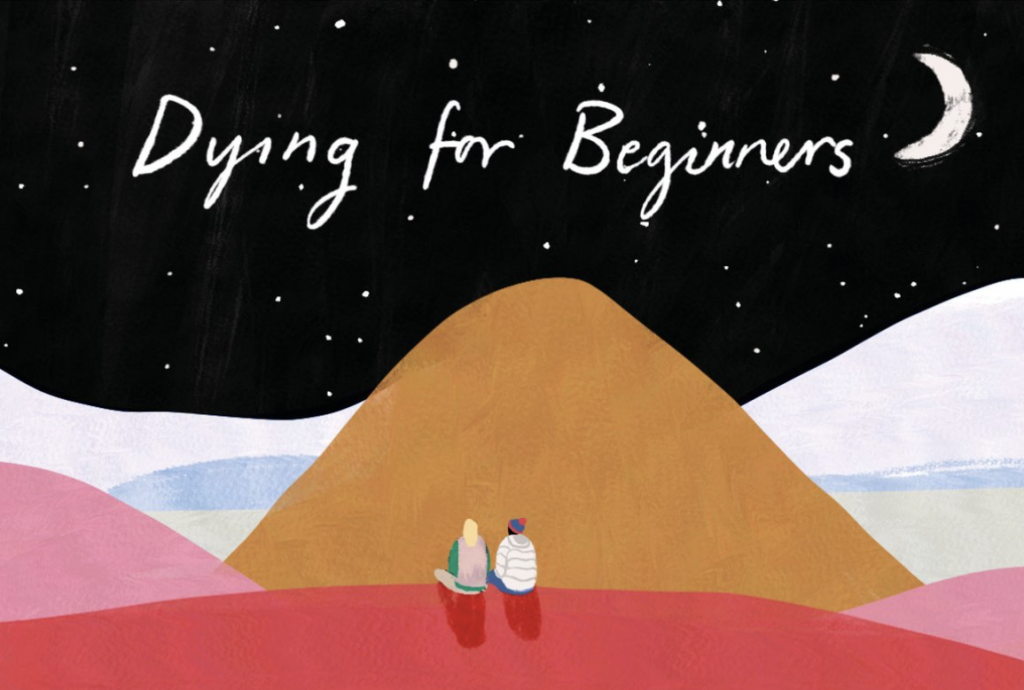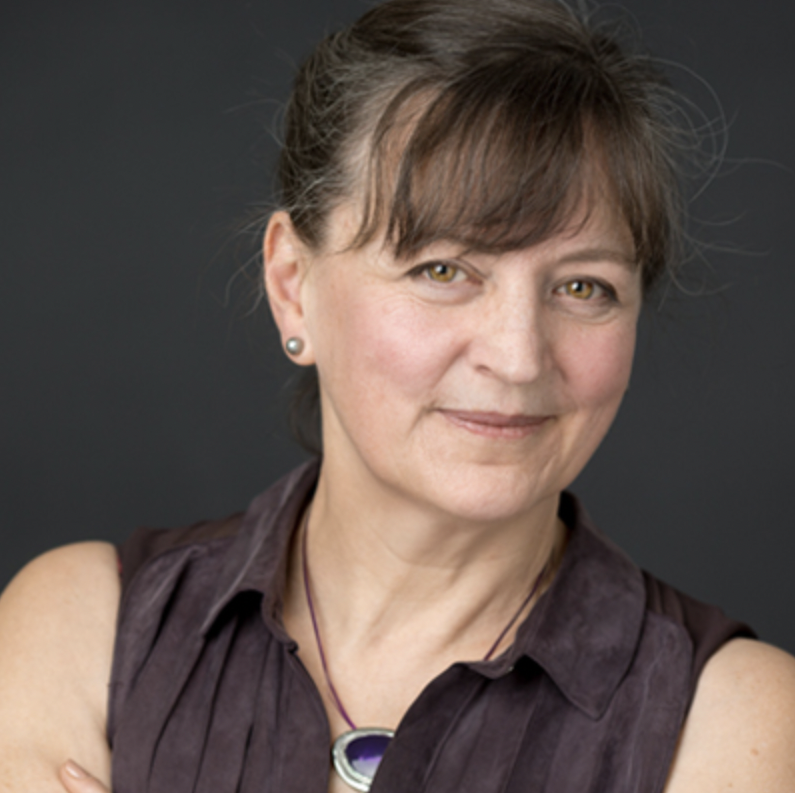A palliative care expert is calling for schools and medical colleges to include death education in the curriculum.
Schools should teach children about dying, because “understanding death can help us to live better,” says Dr Kathryn Mannix.
The former palliative care doctor, who is now an educator and campaigner, used the annual Theos lecture at the Royal Society of Medicine to call for a recovery of community wisdom about the patterns and processes of dying.
“The people of the United Kingdom have forgotten what dying looks like, and we need recover it. Instead of being an intimate, personalised process, death has been medicalised,” said Dr Mannix. “There is a clear and present need for a public health approach to public understanding of dying.”
Death has been medicalised
Dr Mannix called for better death education in schools of nursing, medicine and other health professions.
“While we continue to take [medical] students from a population that is unfamiliar with dying, and then train them to believe that their sole task is to prevent death, then we will continue to misunderstand dying, misperceive its approach, and fail to narrate it well so that companions understand what they are observing.”
She also called for sensible, age-appropriate death education in schools.
“Childhood is the time to sow those seeds of understanding, when curious minds are not complicated by the emotional overlay of the adult world. Life-cycle education should be a component of the National Curriculum, and all children should leave school with a working level of death literacy.”
To stimulate this process, Theos has produced a suite of resources around the changing understandings and practices of death and dying.
The religion and society think tank published a report in November entitled Love, Grief, and Hope: Emotional responses to death and dying in the UK.
Theos Director Chine McDonald said “On the basis of our research we believe that there are challenges and opportunities here for churches and other communities of faith and belief. There is a distinct space to walk with people through the final stages of dying and grief. It is often well expressed at a local level, but not always well resourced by national and denominational bodies.”
 The audience including medics, clergy and lay people also watched Dying for Beginners, a beautiful and sensitive four-minute animation in which Dr Mannix narrates what normally happens in the last hours and minutes of a person’s life.
The audience including medics, clergy and lay people also watched Dying for Beginners, a beautiful and sensitive four-minute animation in which Dr Mannix narrates what normally happens in the last hours and minutes of a person’s life.
The video has received an overwhelming response, and is being circulated in France and the USA, and can be viewed at theosthinktank.co.uk.

